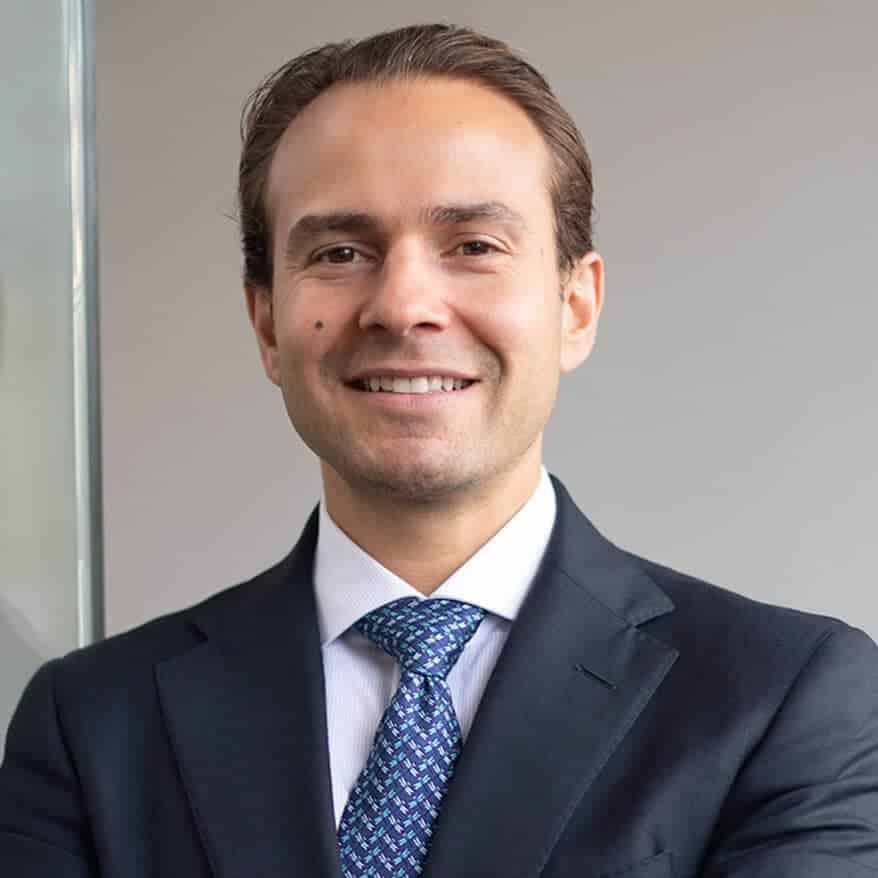Plaintiff’s Workplace Safety Expert Witness Is Qualified to Testify in Aviation Workplace Accident Case, U.S. Judge Concludes
A U.S. judge ruled that the plaintiff’s workplace safety expert witness is qualified to testify in an aviation workplace accident case, rejecting the defense’s motion.
Updated on
Case:
Brock Gaudreault v. Elite Line Services, LLC, No. 12–cv–1177 (JNE/JSM), U.S. District Court, Minnesota; May 14, 2014
Background:
Plaintiff Brock Gaudreault was an equipment service employee of Delta Air Lines on May 23, 2010. While preparing to block the tires of a plane that was pulling into a gate at Minneapolis–St. Paul International Airport, a ground power unit (GPU) cord that was hanging from the jetway above him came loose and fell onto him, causing head and neck injuries. The GPU provides power to a plane when parked. The power cord weighs more than 150 pounds. A Delta employee examined and photographed the saddle clamp, carabiner, and u-bolt assemblies from the GPU cord and found that the u-bolt was deformed, with one of its stems bent away from the saddle clamp to which it had been affixed.
Gaudreault has been receiving workers’ compensation benefits from Delta since the accident. He sued Elite Line Services (ELS) in 2012 for negligence. ELS provides operation and maintenance services to airports and airlines and had a contract to inspect and maintain Delta’s ground equipment in Minneapolis.
Workplace Safety Expert Witness:
Matthew Lykins, Gaudrealt’s general liability expert, opined that the actions or inactions of ELS caused or contributed to Gaudreault’s injury. Therefore, he said ELS “fail[ed] to adequately inspect and recommend appropriate maintenance/inspection intervals on the incident [jetway]” which would have “remediated the hazardous condition” posed by “the incident GPU cable saddle assembly.”
Lykins has an A.A. and a B.A. in Aviation Maintenance Technology, numerous FAA certifications, and nearly two decades of experience performing and teaching aviation maintenance.
ELS subsequently moved to strike Lykins’ testimony under Federal Rule of Evidence 702 and Daubert v. Merrell Dow Pharmaceuticals, Inc. (509 U.S. 579, 589, 113 S.Ct. 2786, 125 L.Ed.2d 469 [1993]).
Admissibility Ruling:
U.S. District Judge Joan N. Eriksen for the District of Minnesota denied the motion. She said ELS was correct that Lykins has no particular experience maintaining jetways or hanger assemblies for GPU cords. But this is not a case about the design, engineering, or operation of a jetway, and the hanger assembly is not a piece of high technology. Lykins’ testimony focuses on principles of preventive maintenance, including the identification of safety-critical components in a piece of mechanical equipment, the recognition of potential hazards posed by those components falling into disrepair, and the development and implementation of inspection protocols to identify and eliminate those risks. Hence, the judge said these issues are well within Lykins’ scope of expertise.
The judge also found his testimony meets relevancy requirements under Rule 702. Further, his methodology is sound, the judge said. His opinions are based on his experience guiding inspection and maintenance providers in the aviation industry.
“Furthermore, Lykins applies those principles and methods to the facts and circumstances surrounding Gaudreault’s accident, such as the function to which the u-bolt was put in the hoist, the frequency with which ELS had to replace other u-bolts that were put to the same or similar use, the lack of documentation of those repairs, and the absence of a hazard analysis or communication with Delta regarding the failing u-bolts,” the judge said.
ELS’s summary judgment motion premised on a successful Daubert motion and therefore the judge held that summary judgment is not appropriate.
About the author
Michael Talve, CEO
Michael Talve stands at the forefront of legal innovation as the CEO and Managing Director of Expert Institute. Under his leadership, the Expert Institute has established itself as a vital player in the legal technology arena, revolutionizing how lawyers connect with world-class experts and access advanced legal technology. Michael's role involves not only steering the company's strategic direction but also ensuring the delivery of unparalleled intelligence and cutting-edge solutions to legal professionals. His work at Expert Institute has been instrumental in enhancing the capabilities of attorneys in case preparation and execution, making a significant impact on the legal industry's approach to expert consultation and technological integration. Michael's vision and execution have positioned the Expert Institute as a key facilitator in the intersection of law and technology.
Subscribe to our newsletter
Join our newsletter to stay up to date on legal news, insights and product updates from Expert Institute.
Sign up nowA Sample Voir Dire: How To Qualify An Expert Witness
Download free white paperChallenging Opposing Experts: Advanced Research Techniques
Download free white paperCross Examining Expert Witnesses: The Ultimate Guide
Download free white paper
Subscribe to our newsletter
Join our newsletter to stay up to date on legal news, insights and product updates from Expert Institute.


